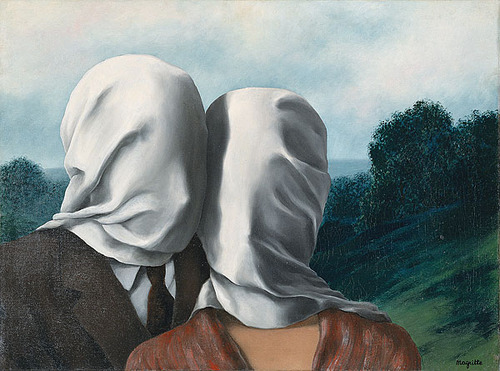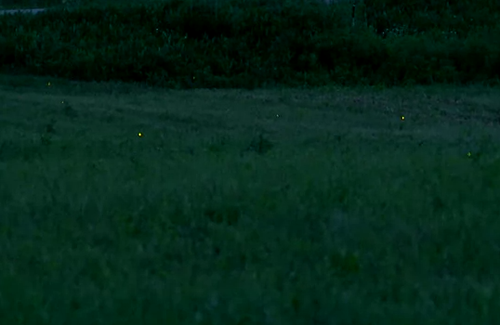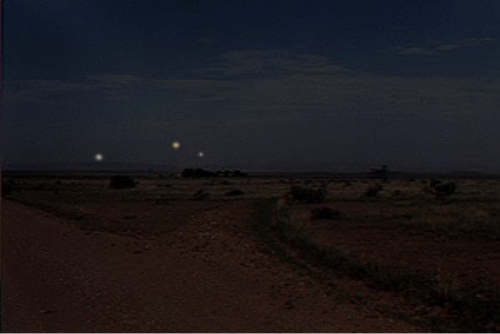
The following is an excerpt from a new conversation between Tao Lin and Ben Lerner. Read the full piece on Believermag.com
BLVR: Where are you now?
BL: Seattle, visiting my brother and his family.
BLVR: Have you seen fireflies?
BL: I don’t think so. Are there are fireflies on the West Coast? I never saw any when I lived in California.
BLVR: I wonder why that is.
BL: I just googled it and according to firefly.org “almost no species of fireflies are found west of Kansas—although there are warm and humid areas to the west. Nobody is sure why this is.” I just remembered I used to have a crazy dream about fireflies.
BLVR: What was it?
BL: When I was a kid and we played baseball we used to use that “eye black” stuff sometimes—that kind of grease you put under your eyes to reduce glare or something. We only used it, of course, to look cool; it’s not like we were any better prepubescent athletes for reducing glare. But I remember I had this recurring dream that we were playing a night game and instead of eye black we had mashed up the glowing bodies of fireflies and put that under our eyes. So our faces were glowing—a kind of night vision.
BLVR: You have a line about that in your first book of poemsThe Lichtenberg Figures.
BL: I do?
BLVR: “…we mash the effervescent abdomens of fireflies / into mascara for the long-lashed corpse.”
BL: Wow, weird. That’s right. I even use “mash.”
BLVR: But back to the future. The epigraph to 10:04 is a Hassidic story about how the “world to come”—the redeemed world—will be just like this one, only a little different: where our baby sleeps now, there too it will sleep in the other world. And the clothes we wear in this world, those too we will wear there. This idea occurs on many levels throughout your book—when the narrator holds a can of instant coffee on the eve of a storm, when he considers time in Christian Marclay’s The Clock, when he looks at a piece of “totaled art,” he evokes this idea of a world that’s just slightly different, but somehow totally transformed. What thoughts do you have about this parable?
BL: I think the parable is a peculiar way of saying that redemption is immanent whether or not it’s imminent, that the world to come is in a sense always already here, if still unavailable. I find this idea powerful for several reasons. For one thing, it’s an antidote to despair. Many of the left thinkers that really matter to me—that formed a big part of my thinking about politics and art—emphasize how capitalism is a totality, how there’s no escape from it, no outside. We all know what they mean: every relationship can feel saturated by market logic or at best purchased at the price of the immiseration of others. But I’m increasingly on the side of thinkers like David Graeber who are talking back to this notion of totality and emphasizing how there are all kinds of moments in our daily lives that break—or at least could break—from the logic of profit and the modes of domination it entails. Zones of freedom, even if it’s never pure. And I like to think—knowing that it’s an enabling fiction—of those moments as fragments from a world to come, a world where price isn’t the only measure of value.
BLVR: I like how your book avoids the kind of despair you mentioned—the emphasis by certain left thinkers on how there’s no escape from capitalism.
BL: Despair strikes me as eminently reasonable and boring. I have no patience for artists whose primary function is to articulate their art’s impossibility, who in a sense commodify melancholy—just as I have no interest in artists who are purely affirmative, who’ve made a commercialized fetish of the culture’s stupidity. Balloon dogs, etc. I think that sexual pleasure and the weird color of the sky after a storm or the stream of tail lights across the bridge or the way silence can thin or thicken before music starts—all these things have to be harnessed by the political. The libidinal has to be harnessed by the political.
BLVR: What would you view as literature that despairs?
BL: Well, I think the anti-intellectualism of a lot of contemporary fiction is a kind of despairing of literature’s ability to be anything more than perfectly bound blog posts or transcribed sitcoms. But that goes without saying. Anyway I read more contemporary poetry than contemporary fiction so my mind goes first to a kind of crass “conceptualism” that repeats vanguard gestures of the past minus the politics and historical context. That kind of art despairs both of the poem—the big claim for such writing is that you don’t even have to read the words—and it despairs even of the critical force of that despairing, since it’s only point seems to be that everything is exhausted. Why produce more examples of exhaustion? But I’m also talking about a tendency in my own work—I don’t want to write poems that are just really clear about how I’m aware of all the traps involved in writing poetry; I don’t want to write fiction that’s about the irresponsibility of writing fiction and I’ve thrown out a lot of writing that I think was ultimately tainted by that kind of self-awareness. Writing by Maggie Nelson and Dana Ward and Ariana Reines and Simone White has proved to be a strong countermeasure to that kind of despair for me lately.
BLVR: I sensed the presence in 10:04 of a kind of alien yet familiar “other.” I’m thinking of the multiple mentions of octopus, “an animal that decorates its lair,” in the beginning of the book—when also the narrator, watching traffic from the High Line, intuits “an alien intelligence”—and, later, when he’s in Marfa and there’s talk of “the Marfa Lights” which “people have ascribed to ghosts, UFOS, or ignis fatuus.” The narrator says, “I saw no spheres, but I loved the idea of them—the idea that our worldly light could be reflected back to us and mistaken as supernatural.” Does this feeling of the supernatural relate to the idea of “a world to come” to you?
BL: Yes, absolutely, but the other is the collective. He’s having a kind of Feuerbach moment there—admiring the lights as a fiction, the way Feuerbach reinterpreted God as a projection of the essence of our species. So the other is alien in the sense that it’s the form of our collective alienation. It’s the transpersonal mistaken for the supernatural but the transpersonal is more awe-inspiring, more exciting than the thing we confuse it for. When the narrator feels like an octopus, when he says his limbs are starting to multiply, he means he has inklings of orders of perception beyond his individual body. The personal starts to dissolve, get emptied out. You’re right to link it to the epigraph because it’s a way of saying: there’s a sense in which community is already here. It’s already here in the Marfa lights and the circuits of global capital (that moves a baby octopus from Portuguese waters to a Chelsea restaurant) and even if those are deeply perverted forms of interconnectedness they nevertheless have a utopian glimmer.






